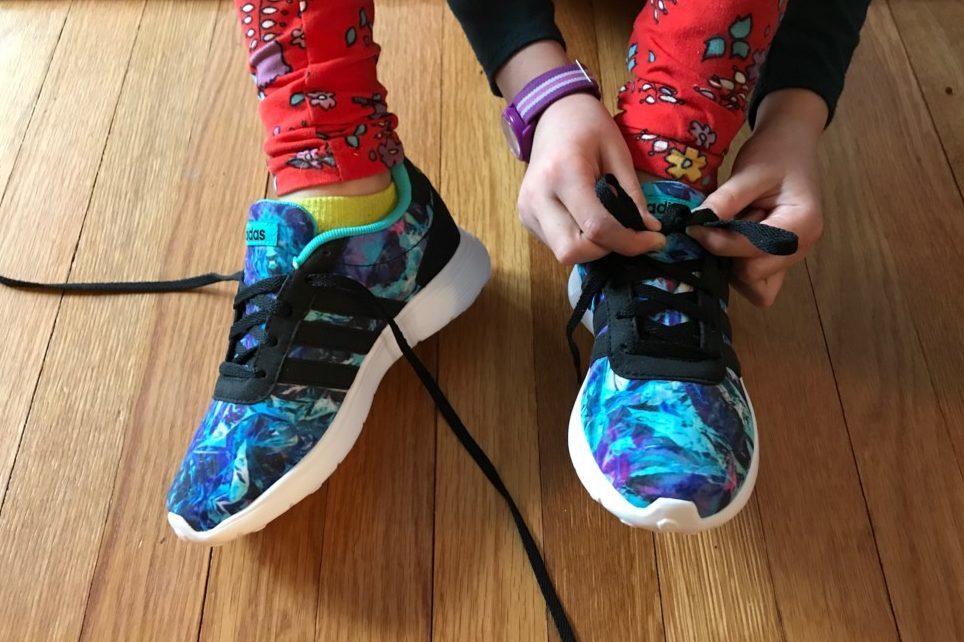
Don’t be like me. Don’t wake up in a cold sweat and realize you haven’t introduced your toddler to the swimming pool or taught your 7-year-old to tie her shoes. Now that I have three children and my oldest is in first grade, I’ve learned that these things don’t just happen organically. Kids don’t wake up one day knowing how to do the backstroke. So while our children should figure out many things for themselves, there are a few life skills that are on you, mom. Here are eight things to teach your kids before they turn 8:
Swimming
This one tops the list of things to teach your kids because it’s a matter of life and death. So if you’re going to register for just one activity, make it swim over, say, ice skating or parkour. I don’t necessarily think you need to enroll your infant in baby swim — although it makes for nice bonding time! — but early exposure to water is important. And then real swim classes, with first-rate instructors, can happen later around age 5 or 6. Ideally, this is when your kids are also ready to dive in.
Riding a bike
I learned to ride a bike on country roads in Maine, where the occasional pickup truck drove slowly past. My dad gave me that first important lesson on balance, but after that, the skills were mine to fine tune. But today, if you live in an urban neighborhood (or pretty much anywhere that isn’t Maine circa 1985) this one falls on your shoulders, and by the time your kid is 6 or 7.
Tying their shoes
As a big fan of time-efficient Velcro, I’d love to skip this one. But I imagine there will come a day when my daughter wants to lace up her cleats, or ice skates (if only we had let her take lessons). And I don’t want her to curse her parents for never teaching her to tie a bow. So go ahead and force the issue with a pair of lace-up sneakers around the age of 7. This is when their manual dexterity is up for the challenge.
Telling time
Sure, by the time kids need to tell time on their own, they’ll probably just look at the digital clock on their iPhones. But what about when they’re taking a timed test, or (gasp!) the battery on their phone dies. How embarrassing to be staring at the wall clock like it’s an ancient sundial. Work with them on this; a cheap analog wristwatch makes for a great birthday gift at age 6 or 7.
Understanding money
Age 5 is a good time to start a small allowance, if you’re so inclined, and to teach the fundamentals of saving and spending money. At the same time, you can teach what the actual money units are. (Nickels, not nipples, was a good first lesson in our house).
Dialing a phone
At age 4 or 5, your kids can learn to dial a phone in case of an emergency. We bought a big ol’ landline just for that reason. Right now, it simply startles us once a day with telemarketer calls, but it’ll be there if we need it.
Wiping themselves
Wiping their butts, wiping their noses, wiping their milk mustaches, wiping everything. But especially the butt. At around age 4, kids should be able to handle this solo, so don’t let them be lazy. (Of course, they’ll let you do this forever — they’re playing you!) Make sure they can get the job done — and done well — by kindergarten.
Making eye contact
Another one that might get lost in the shuffle: Teaching kids to make eye contact — in addition to shaking hands and other good manners — is an important life lesson. Some precocious preschoolers will do this naturally; other shy kiddos need some encouragement and practice. If they have this down by age 7 or 8, when they’re starting to assert more independence, that extra confidence will be the boost they need.












